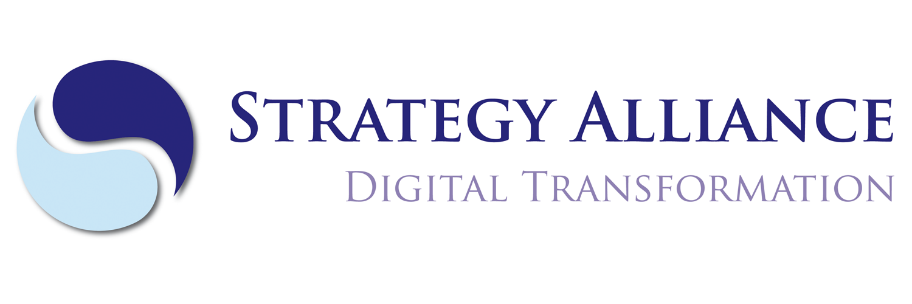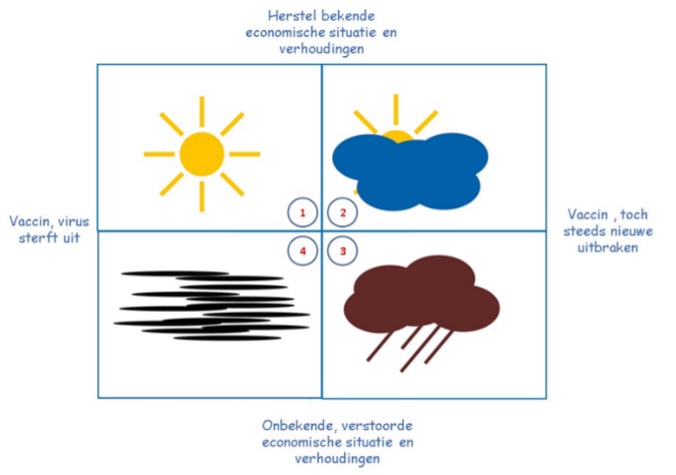2020: Fog in the crystal ball...
The Covid 19 pandemic has thrown a lot into disarray. It came out of nowhere and spread like wildfire. We didn't see that coming. Suddenly the market changed, the rules we had to comply with changed, agreements we had made and expectations we considered 'certain' changed. We could not have taken this into account. It took us by surprise. The uncertainty continues. It started in March and now a year has passed. We are sailing in fog and our visibility is limited.
Frightening questions arise. Do we still have a right to exist? Our visions of the future and our ambitions seem to be falling apart. Our strategies are not in line with the circumstances and our business model is creaking on all sides. We have to make do with what we have, try to survive. Thinking up alternatives to still achieve some (positive) result, but also reorganizing, downsizing, closing down temporarily or permanently, stopping or being stopped by creditors.
Developing vision and strategy now? We have other things on our minds. Besides, our view of the future is minimal. We are sailing in a fog. Can you actually develop strategies if the situation is so unclear? We will often be plagued by wishful thinking. Many organizations and companies assume that at some point the situation will change for the better and we will return to the world as we knew it. They continue to think within the framework of the current business model and view of the world. The basic attitude is to retain what there is to retain.
But is there anything to preserve? The economy of tomorrow will long bear deep scars from the pandemic. Wounds may heal, but it is not inconceivable that the economy will look different. Markets may have changed permanently as a result of the disappearance of players and the changed behaviour of those who remained. As a result, supply and demand chains may be disrupted or broken down, with major consequences for the labour market. And of course the effects are very different per sector and per company. In some sectors, digitalisation is given a tremendous boost by working from home, online meetings and digital shopping, in others the demand has collapsed completely because of the restrictions.
Whether and when the pandemic will end we do not know. Now that there is the prospect of (at least temporarily) effective vaccines, the tide seems to be turning and two options are becoming apparent:
- We have a vaccine, but despite that, there are still outbreaks
- We have a vaccine and the virus dies out
The first option is similar to the current situation. Alternating periods with more or less restrictions. How can our organisation continue to exist under these circumstances? Can we maneuver to a safer starting position or do we have to conclude that we don't see any possibilities to continue.
The second option seems more attractive, but it may be a long time before we reach the required vaccination level. Until then, we're in situation 1. and the question is how can we get through the period until then? Moreover, according to epidemiologists, the vaccine is unlikely to be a sustainable solution. They consider it more likely that corona will return periodically. Just like the influenza virus.
Flattened, our future seems to be strongly determined by two factors: yes/no sustainable effective vaccine on the one hand and on the other hand by the economic situation (recovery of the economy we know or an unknown economic situation with disruptions and different dynamics). This gives rise to 4 scenarios, one favourable, two less favourable and one unfavourable.

